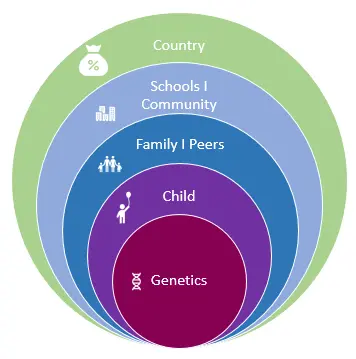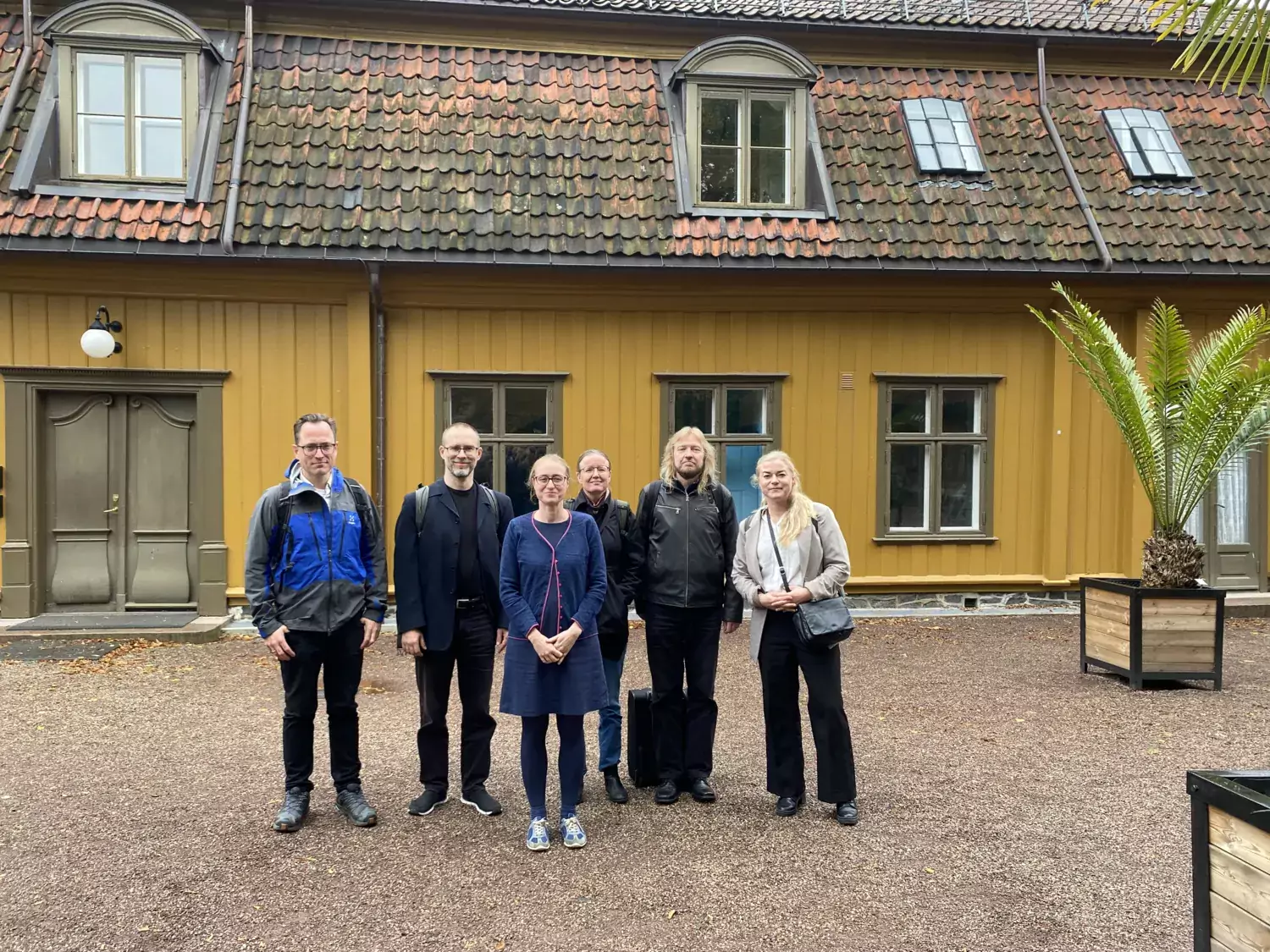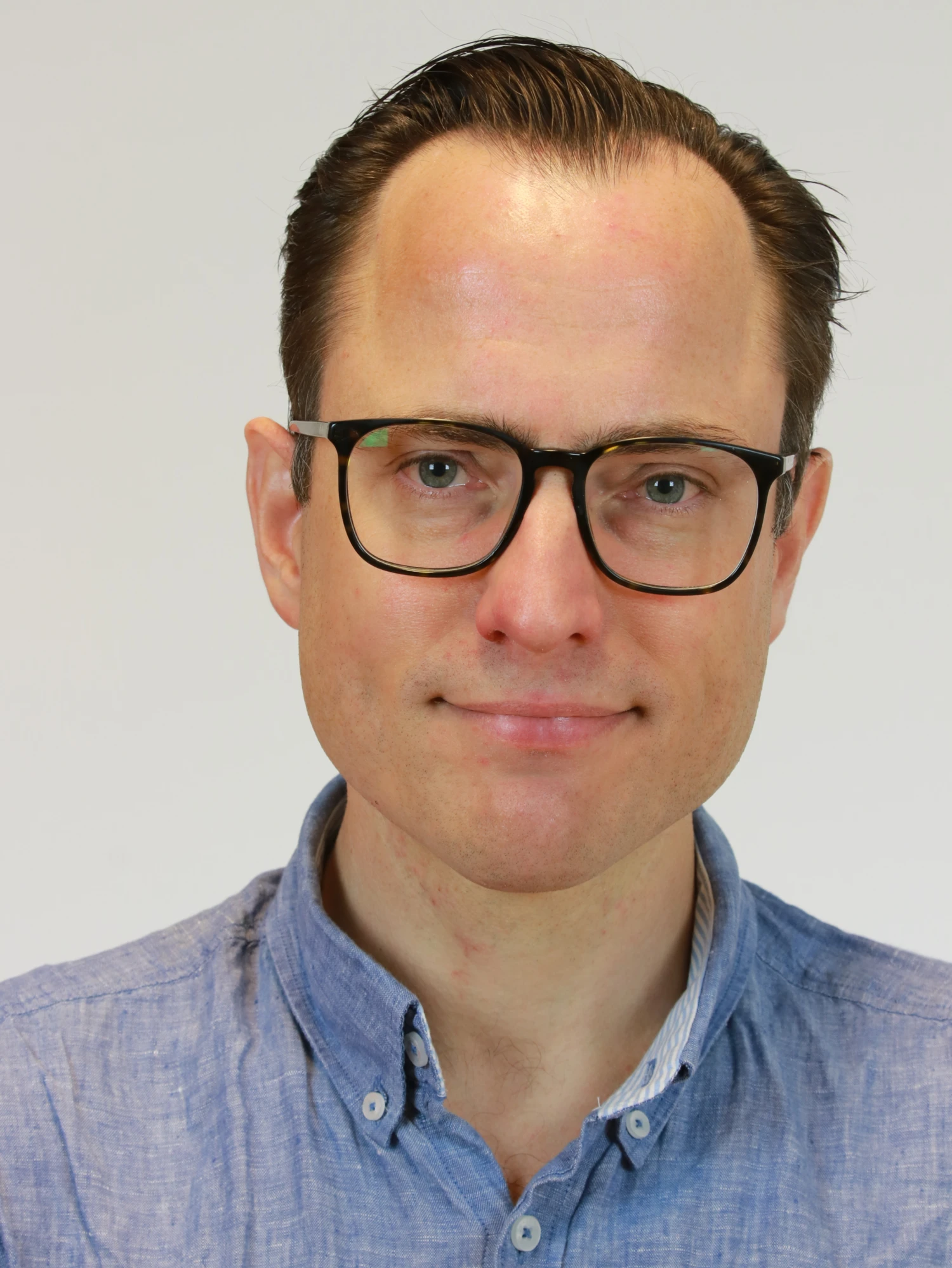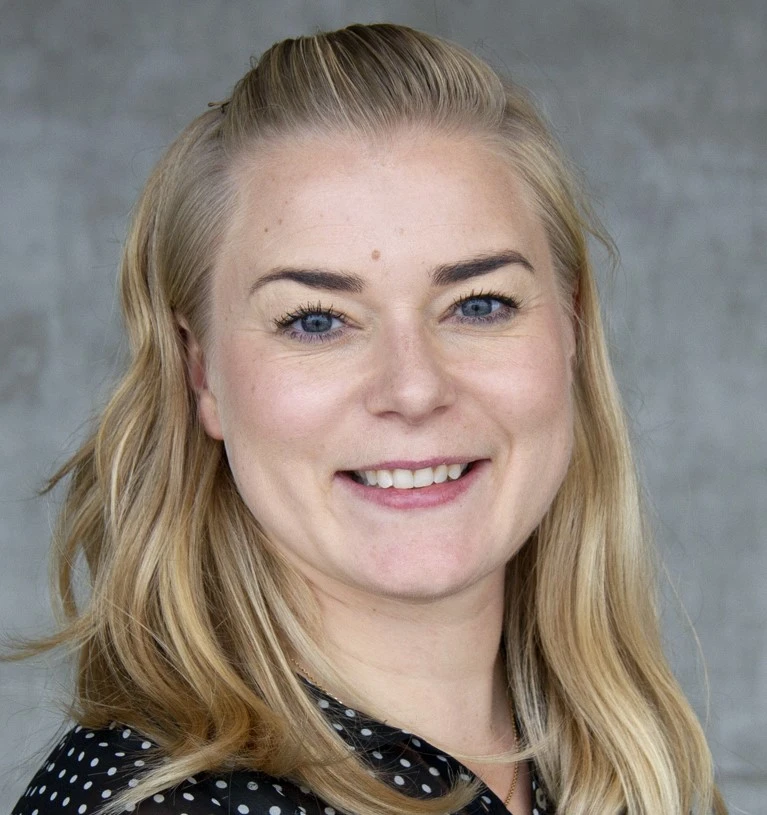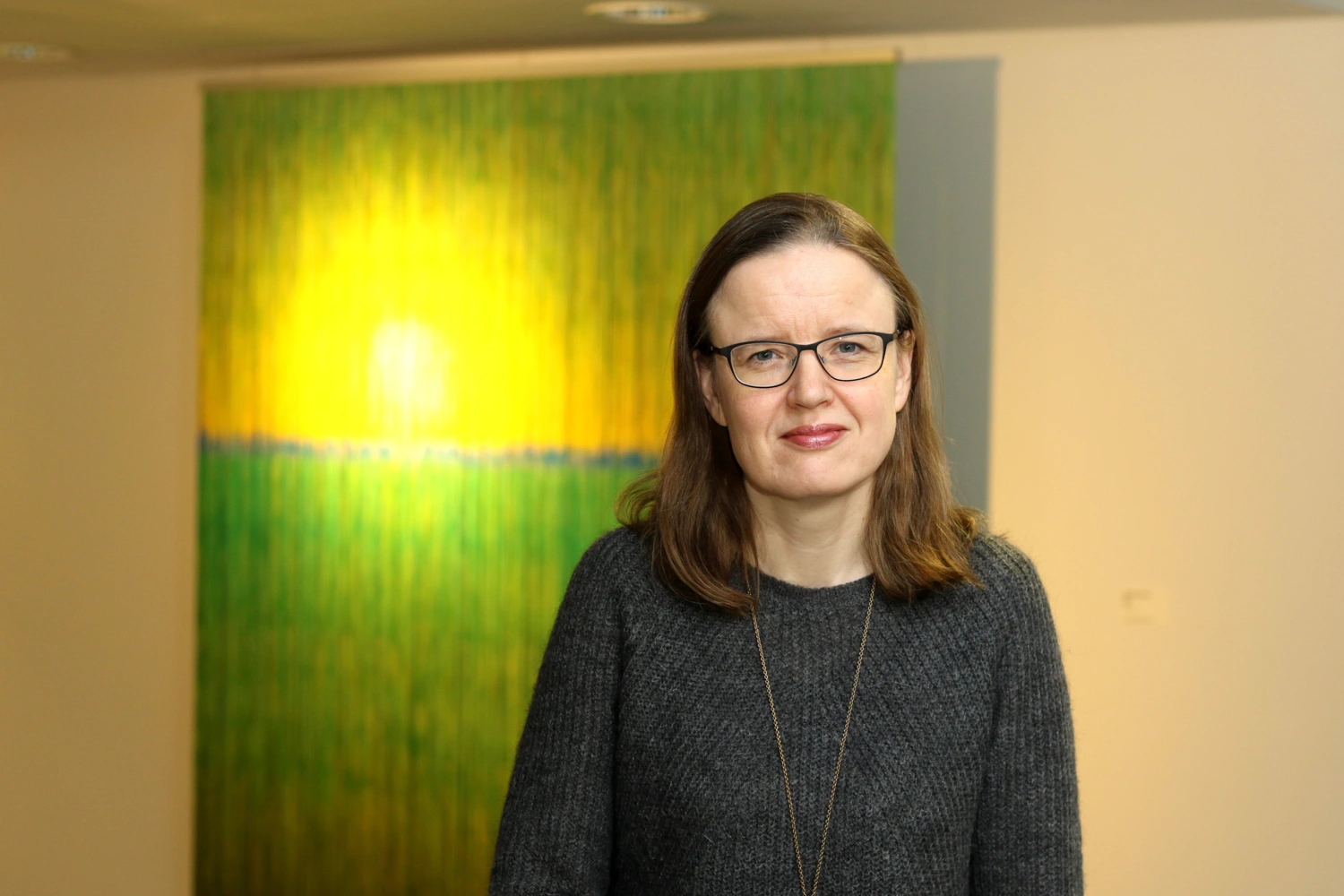Our research
My research group is dedicated to studying the complex interactions between mental health, neurodevelopmental disorders, and somatic diseases, with a particular emphasis on the young population.
Youth mental health disorders are becoming more and more common, which presents a serious public health concern. Many young people struggle with somatic conditions such as obesity and metabolic and gastrointestinal diseases and frequently face both mental and physical health challenges. However, our understanding of the etiology, risk factors, and treatment strategies is largely based on a single-disease paradigm. Currently, there is a significant gap in the healthcare system regarding comprehensive and coordinated care for patients with co-occurring mental health and somatic conditions. Furthermore, the complex relationship between mental health medications and physical health complicates the treatment landscape.
Our vision is to improve clinical outcomes and overall quality of life for people navigating the complex intersection of mental health and somatic conditions. Our research aims to pave the way for more integrated and effective prevention and treatment interventions tailored to this population's specific needs.
To achieve our vision, we aim to expand the knowledge about the underlying causes, risk factors, rising prevalence, and long-term consequences of comorbid mental and somatic health conditions in young people. To accomplish this, we have assembled an interdisciplinary team with expertise in mental health, pediatrics, diabetes, and advanced data analysis. We collaborate at both the national and international levels. Our research approach is built around using big data sources, clinical data, and cutting-edge statistical methods. We use genetically informative samples, such as twins and families, to better understand the genetic and environmental influences on somatic and mental health conditions. Our research takes a holistic whole-life perspective and a bioecological approach to scrutinize the impact of factors during pregnancy and childhood on disease risk and its enduring consequences.
Projects
Early-life environmental risk factors of Intellectual Disability: biological, psychosocial influences and early identification– Nationwide Twin and Family Study. Financed by the Swedish Research Council for Health Working Life and Welfare
SISU - "Post-Pandemic Vulnerability and Resilience: A bioecological approach towards youth well-being in Nordic schools and communities", Financed by Nordforsk




